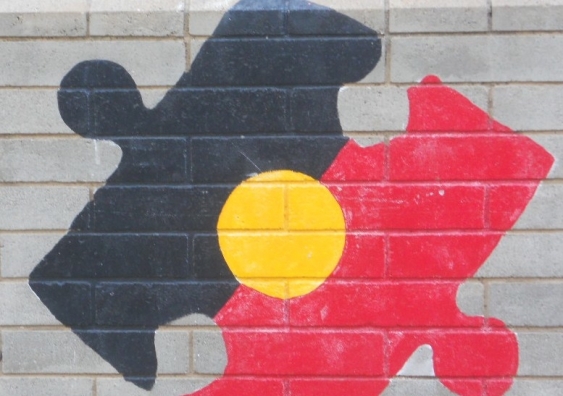If Indigenous voices can't even be heard on Australia Day, what hope have we got?
The Aboriginal and Torres Strait Islander community is not being heard in the debate around Australia Day and it is indicative of the state of Indigenous affairs in Australia, writes Gemma McKinnon.


